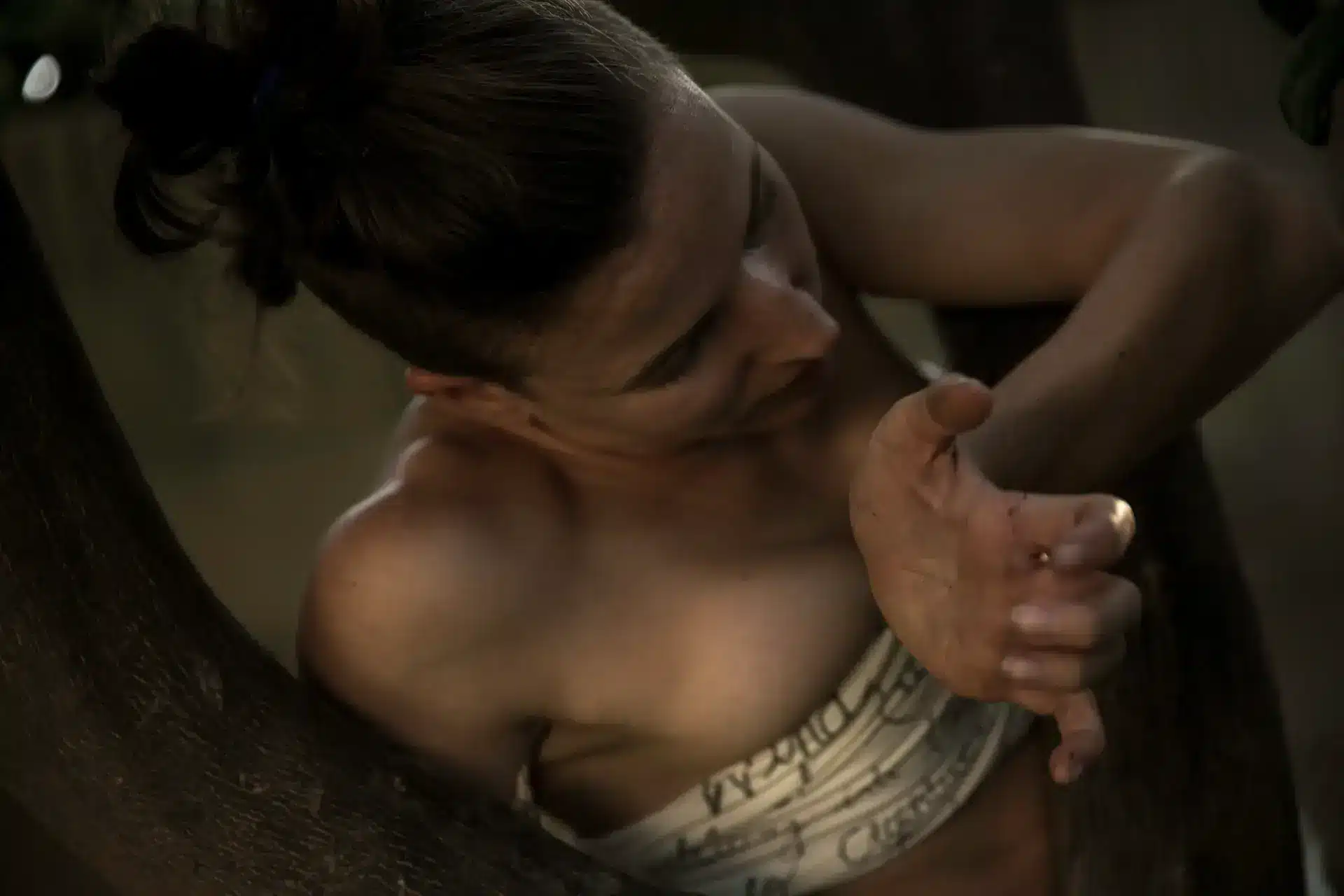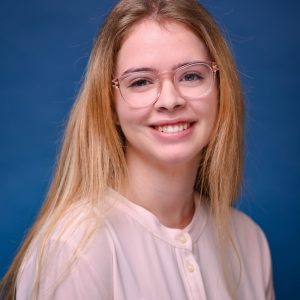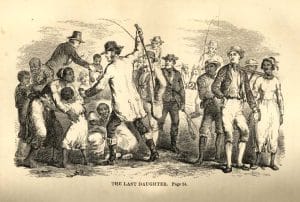Bucks County’s 2024 Poet Laureate uses poetry and dance to translate the thought processes of people on the schizophrenic spectrum and combat the stigma surrounding the disability.
Lake Angela, a published poet, translator, and dance choreographer, was one of over 50 admissions into the contest. Angela said she had submitted work in previous years.
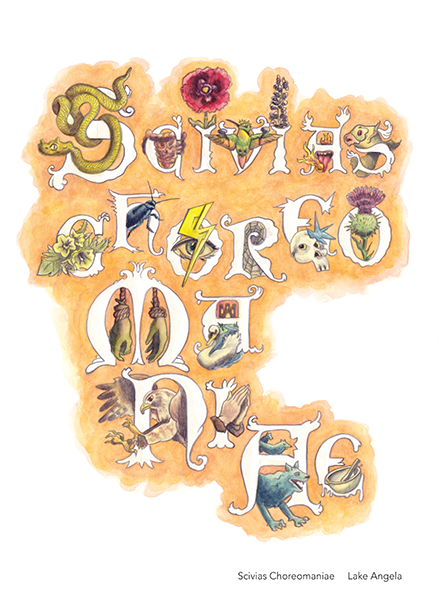
This year, Angela submitted an excerpt from her new poetry book, Scivias Choreomaniae. She said this collection of poems was important to her as it details her experiences working as a dance therapist in a state psychiatric institution.
Angela, who is on the schizophrenia spectrum, was moved by her experiences with schizophrenia and the stories of the treatment patients in her dance therapy groups faced at the psychiatric institution. The poems included in the book are stories of the people who participated in Angela’s dance therapy groups and Angela’s personal experiences.
“I think it’s really hard for people to hear sometimes because of the specificity of some of the images, or just how I think people don’t realize how antiquated the psychiatric medical system still is, how people are still, in my opinion, abused in psychiatric institutions,” Angela said.
She said she thought it would be too hard to write and that the material was too upsetting and describes patients being given neuroleptics to suppress cognitive processes.
“So it’s really the abuse that I witnessed and my own experience of knowing otherwise that people who are diagnosed as speaking ‘word salad’ — and that’s the medical term unfortunately — and who are given neuroleptic drugs to quiet them are actually saying something important,” said Angela.
Individuals with schizophrenia can experience “word salad,” defined by the American Psychological Association as “severely disorganized and virtually incomprehensible speech or writing.” It can also be called jargon aphasia.
Angela said her dance therapy has been able to facilitate communication with movement for more than 100 patients. She said patients used movement, prompts and came up with poems together to translate the dances.
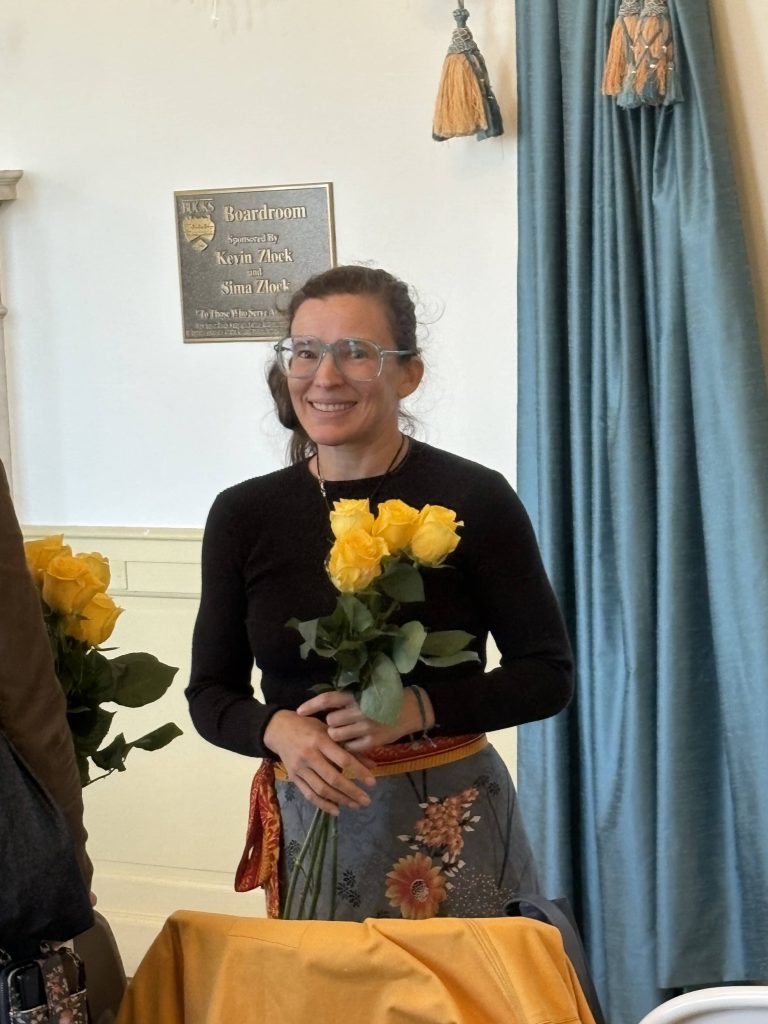
“I think there has to be a whole different approach, and that’s why I started making this book,” said Angela. “I felt it’s so important that people know schizophrenic people are so stigmatized.”
The stigma surrounding mental disorders can come from the media portraying misleading and inaccurate depictions of disorders like schizophrenia. Symptoms of schizophrenia can include hallucinations and delusions and lead to neurotypical people associating the symptoms with violence and disorder.
“[Schizophrenia] is one of the scariest in the media and it’s like there’s a hierarchy of disorders, and sociopathy and schizophrenia is at the bottom,” Angela said.
The stigma and fear surrounding those with schizophrenia spectrum disorders can have negative impacts on their self-esteem, relationships, and careers. Individuals with SSD face stigmatization in the workplace and during the hiring process.
While working with others who experience visions, Angela said she thinks people on the schizophrenia spectrum speak in “metaphorical leaps and associations” she could follow.
With her training in translation through word and dance, Angela said she felt it is her job to interpret the thoughts and visions schizophrenics may have for the public to follow. She said she wants to present what she calls “schizophrenia spectrum creativity” for people to appreciate the innate artistry in it.
Angela said she was hoping to start a community of collaboration with other local poets to create translation projects and exchange art. She’s collaborated with artists across the world to translate stories told through poems and dance.
“That’s what I was really hoping to do with the Poet Laureate position, I want to get more people involved in poetry, and also to combine art forms,” Angela said.
Angela, who started out reading poetry and translation, became interested in powerful language and language translation. Eventually, Angela earned her PhD in intersemiotic translation from the University of Texas at Dallas. She finds amazement in all the ways one work can be translated, even in dance.
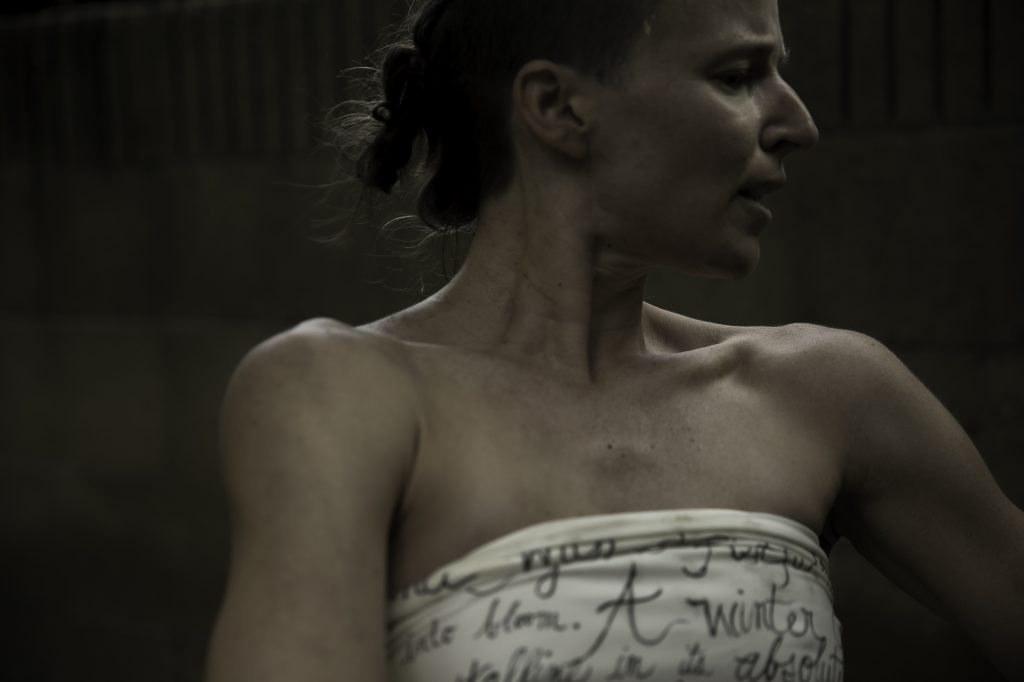
“Dance is a language with which you can make many, many more purposefully ambiguous incarnations of the same poem,” said Angela. “So, I was hoping people will join me because I do it myself all the time.”
Angela, who is no stranger to performing her work, read her submission at Bucks County Community College along with the contest’s three runners-up, 2023 Laureate Tara Tamburello, and Philadelphia poet Thomas Devaney.
“The people who come to listen to the Poet Laureate reading this year, and the last two years I attended, are just so engaged and lovely and receptive,” Angela said. “It’s not so common these days to have a big audience for poetry or for dance, for that matter.”
Angela says for now she hopes to combat fear and stigma, but she hopes to eventually immerse people in the experience of poetry and dance and “promote poetry dance translations as a new way of experiencing the world.”
